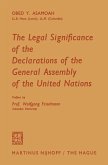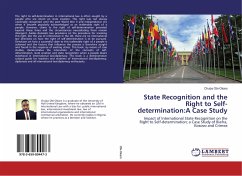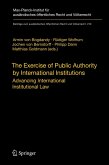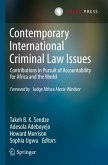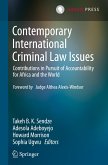This book, finished in September 2023, addresses the fundamental principles enshrined in Resolution 2625 (XXV): sovereignty, the principle of non-intervention, the prohibition of the use of force, and self-determination. Studying these principles can help us understand some of the main features of international law and the international community in the 21st century: the role of traditional and new subjects alike; the sources of international law; issues of international responsibility; and new international challenges. For this purpose, the book analyses in each chapter the main controversial practices regarding principles. In addition, a section is devoted to an analysis of the particular relationship between the European Union and these principles, given the EU's unique role as an important evolution in international law as both a subject and treaty maker. Further, the EU provides an example of the institutionalisation of the international community and helps to solidify the concept.
The book is chiefly intended for experts on International Law. Its purpose is to offer an updated vision of the international community through analysis of the core principles of international law, highlighting contradictions and problems regarding its application and interpretation. The book should also be of great interest and value to those starting careers in international law, offering them key insights into the international community and the roots of the international system.
The book is chiefly intended for experts on International Law. Its purpose is to offer an updated vision of the international community through analysis of the core principles of international law, highlighting contradictions and problems regarding its application and interpretation. The book should also be of great interest and value to those starting careers in international law, offering them key insights into the international community and the roots of the international system.


